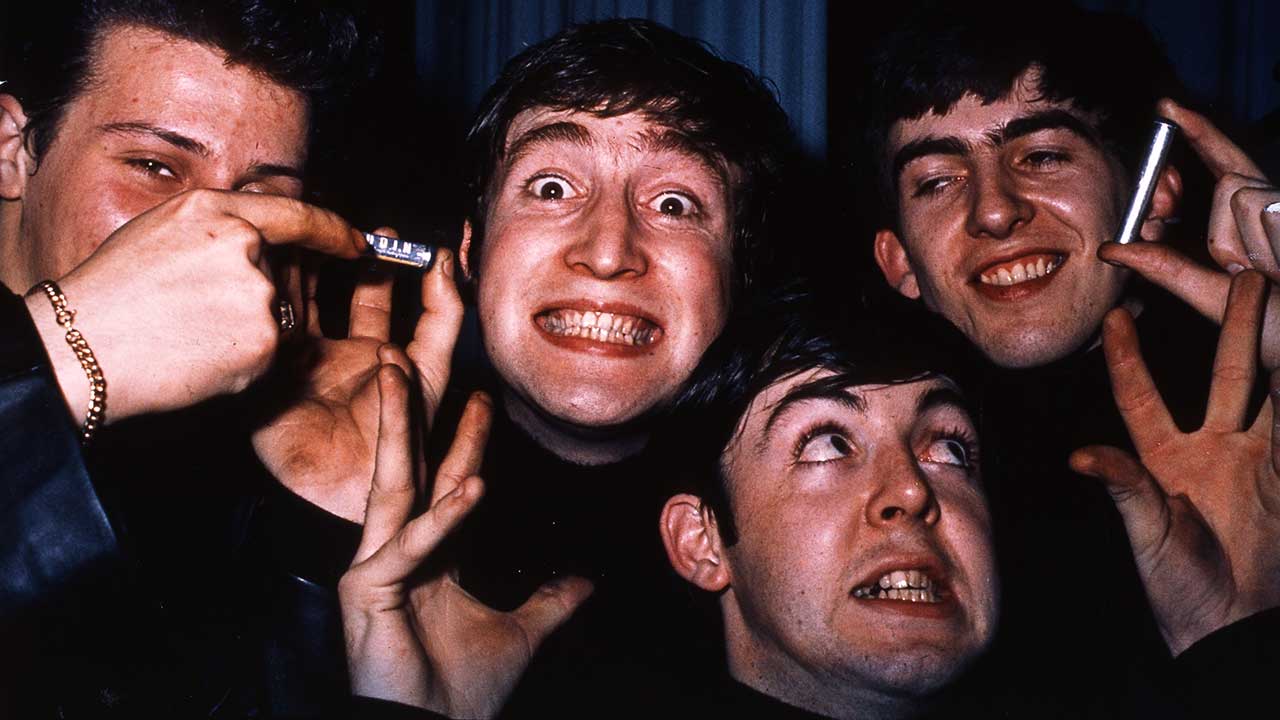Seven Of The Best From Dawn Records
What You Need To Hear...

Select the newsletters you’d like to receive. Then, add your email to sign up.
You are now subscribed
Your newsletter sign-up was successful
Want to add more newsletters?

Every Friday
Louder
Louder’s weekly newsletter is jam-packed with the team’s personal highlights from the last seven days, including features, breaking news, reviews and tons of juicy exclusives from the world of alternative music.

Every Friday
Classic Rock
The Classic Rock newsletter is an essential read for the discerning rock fan. Every week we bring you the news, reviews and the very best features and interviews from our extensive archive. Written by rock fans for rock fans.

Every Friday
Metal Hammer
For the last four decades Metal Hammer has been the world’s greatest metal magazine. Created by metalheads for metalheads, ‘Hammer takes you behind the scenes, closer to the action, and nearer to the bands that you love the most.

Every Friday
Prog
The Prog newsletter brings you the very best of Prog Magazine and our website, every Friday. We'll deliver you the very latest news from the Prog universe, informative features and archive material from Prog’s impressive vault.
Curious to find out more about Dawn Records? Here’s our selection of songs that you simply must hear.
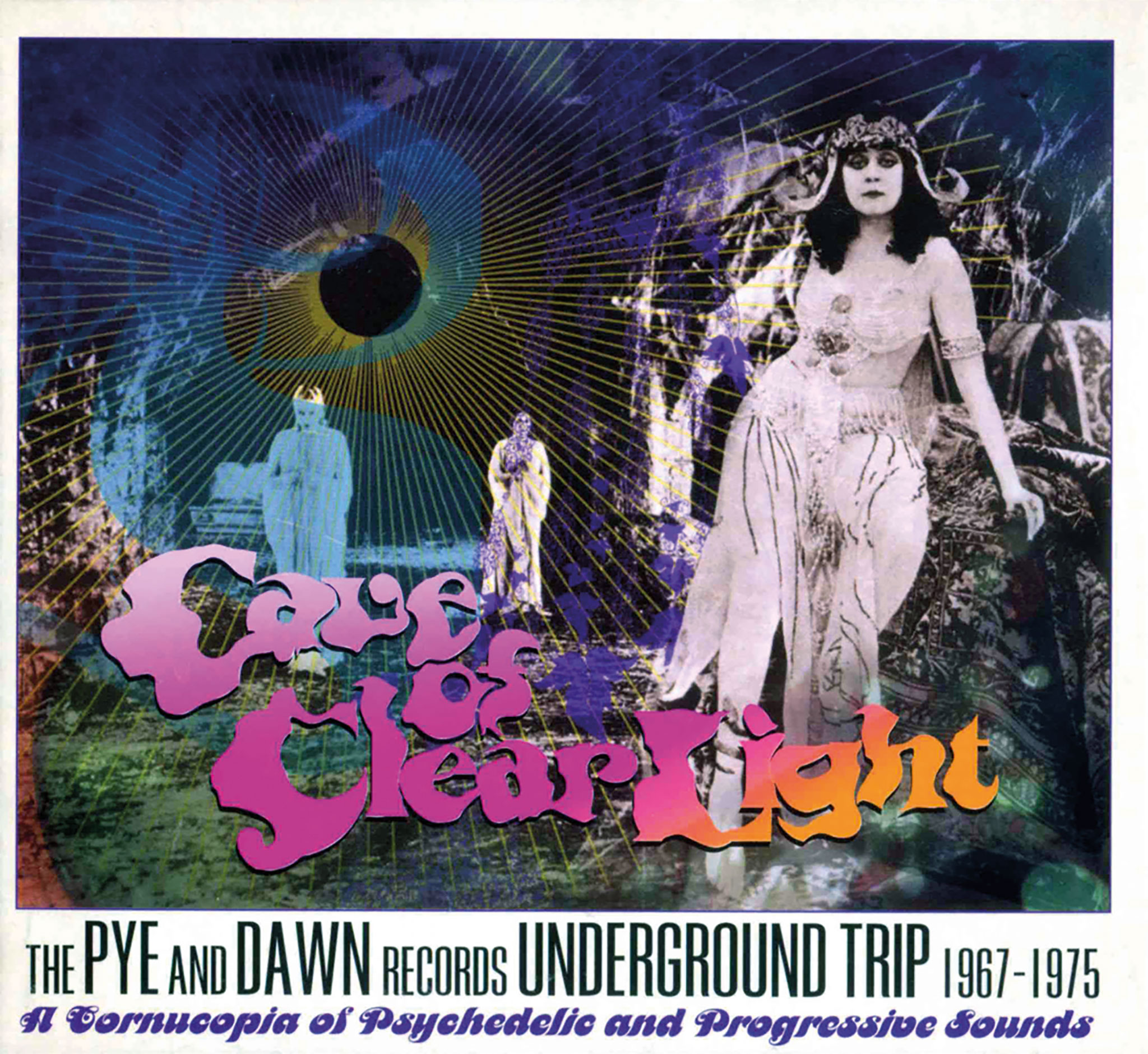
The Pye And Dawn Records Underground Trip 1967-1975
Cave Of Clear Light
(Esoteric, 2010)
Compiled with love and attention from Esoteric, Mark Powell pieces together the fractured tale of Dawn, choosing the heaviest selections from their diverse repertoire. Dick Emery and Brotherhood Of Man are not on here.
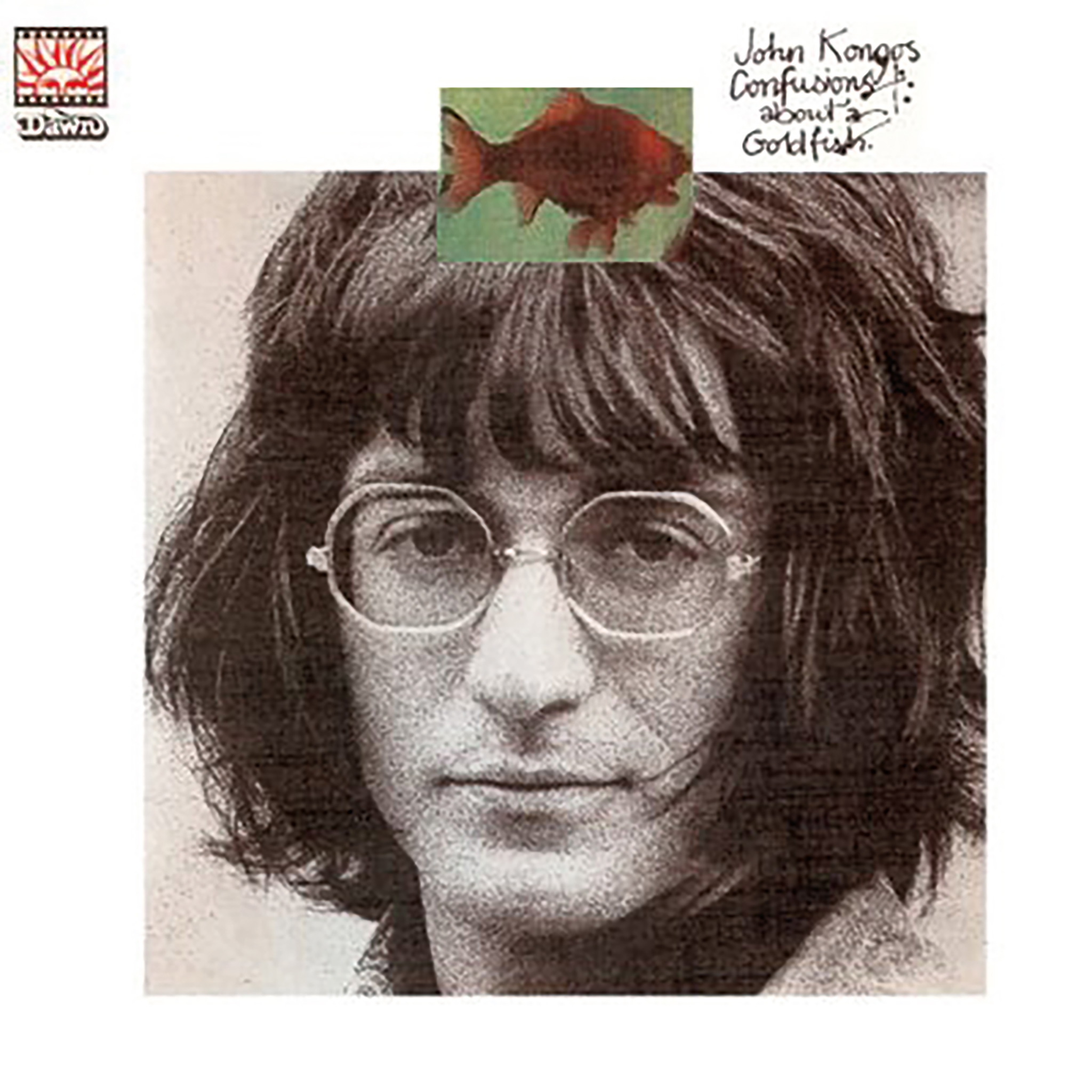
Confusions About A Goldfish
John Kongos
(from Confusions About A Goldfish, 1969)
“Does the goldfish in the bowl celebrate thanksgiving and can he see me?” was one of several questions posited by Kongos, who had made a name for himself in South Africa in Johnny and the G-Men and latterly in the UK in Floribunda Rose. Confusions About A Goldfish, produced and directed by Schroeder, was Kongos’ sole album for Dawn, before departing for Fly Records and success with He’s Gonna Step On You Again.
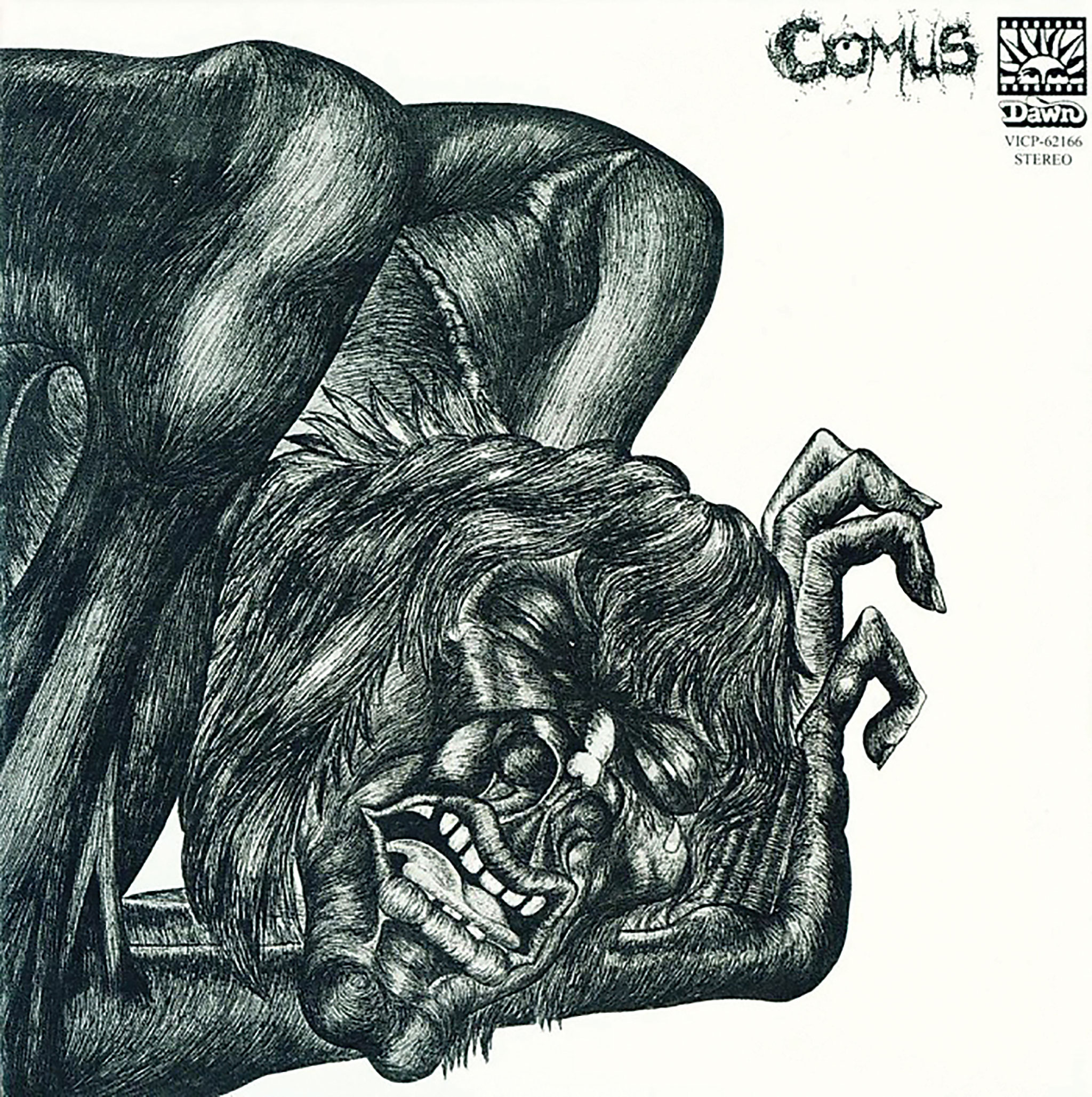
First Utterance
Comus
(Dawn, 1971)
Named not after the Greek god but a John Milton masque, the folk inspired Comus were big favourites of one David Bowie, himself a Bromley resident and who they supported in 1969. They signed to Dawn around the same time, recording this, their debut. Harrowing artwork, songs about violence (Drip, Drip) and rape (Diana) made them very much an acquired taste. Opeth’s Mikael Åkerfeldt is a huge fan and they’re still active today.
Sign up below to get the latest from Prog, plus exclusive special offers, direct to your inbox!
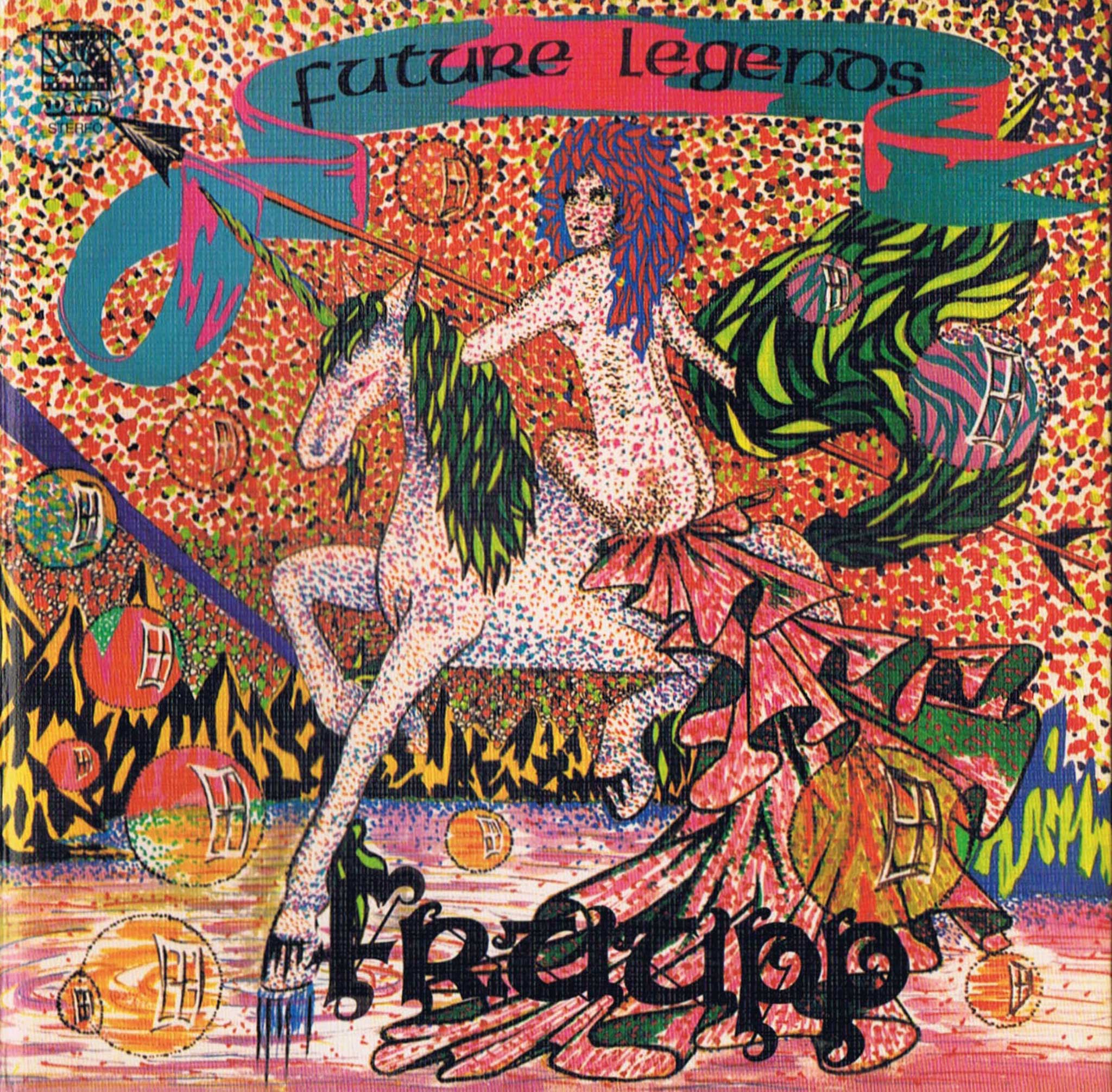
Decision
Fruupp
(from Future Legends, 1973)
Signed to the label by A&R Robin Blanchflower, Fruupp were Dawn’s premier progressive band. Led by guitarist Vince McCusker, they were formed out of the northern Irish showband circuit. The band’s first gig in 1971 was with Rory Gallagher and they gained a reputation as support act of choice by many key acts. Decision is perhaps their very sweetest song.
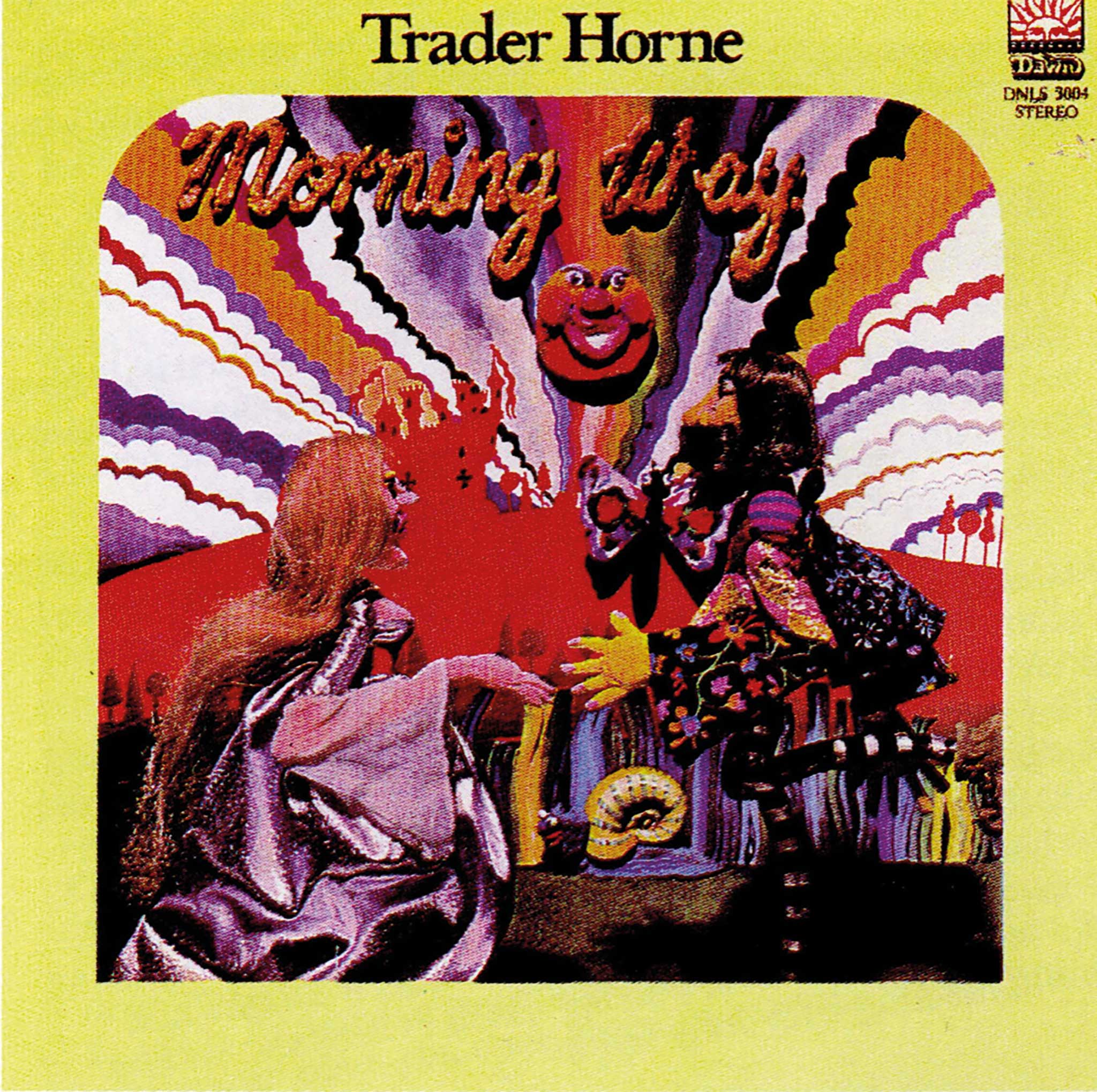
Morning Way
Trader Horne
(from Morning Way, 1970)
Named after John Peel’s nanny Florence Horne, the group – a union between Jackie McAuley from Them and Judy Dyble, the original singer in Fairport Convention, produced one highly sought-after album in 1970. In doing so, they invented what many were to call later nu-folk. This song, the only Dyble-penned number on the album, is absolutely beautiful.
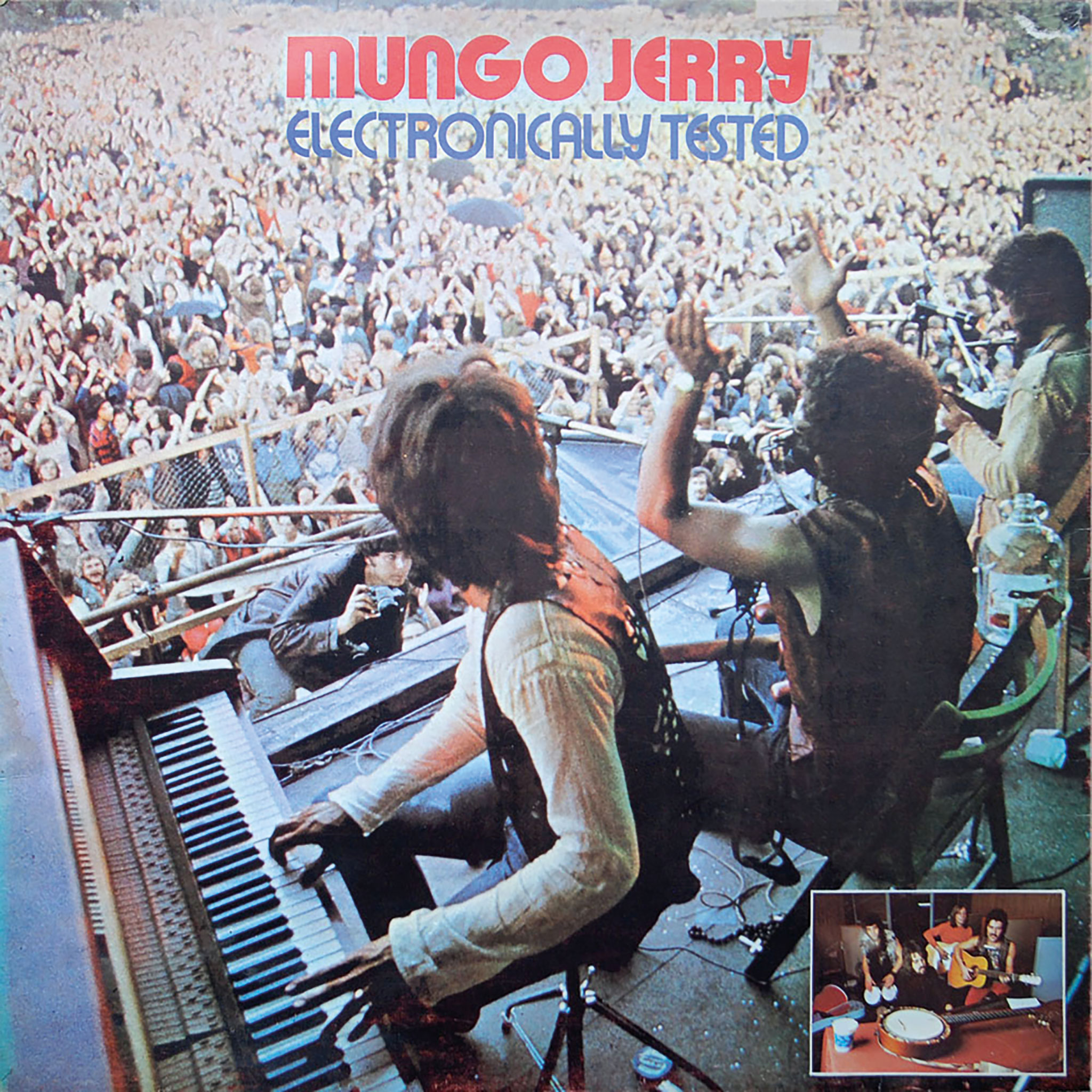
Baby Jump
Mungo Jerry
(from Electronically Tested, 1971)
Surely one of the weirdest and heaviest records ever to crown the UK charts (sitting there in between My Sweet Lord and Hot Love), Baby Jump underlines quite how popular Mungo Jerry were at the start of the 70s. Listen to it again, it’s like Beefheart suddenly became a pop superstar.
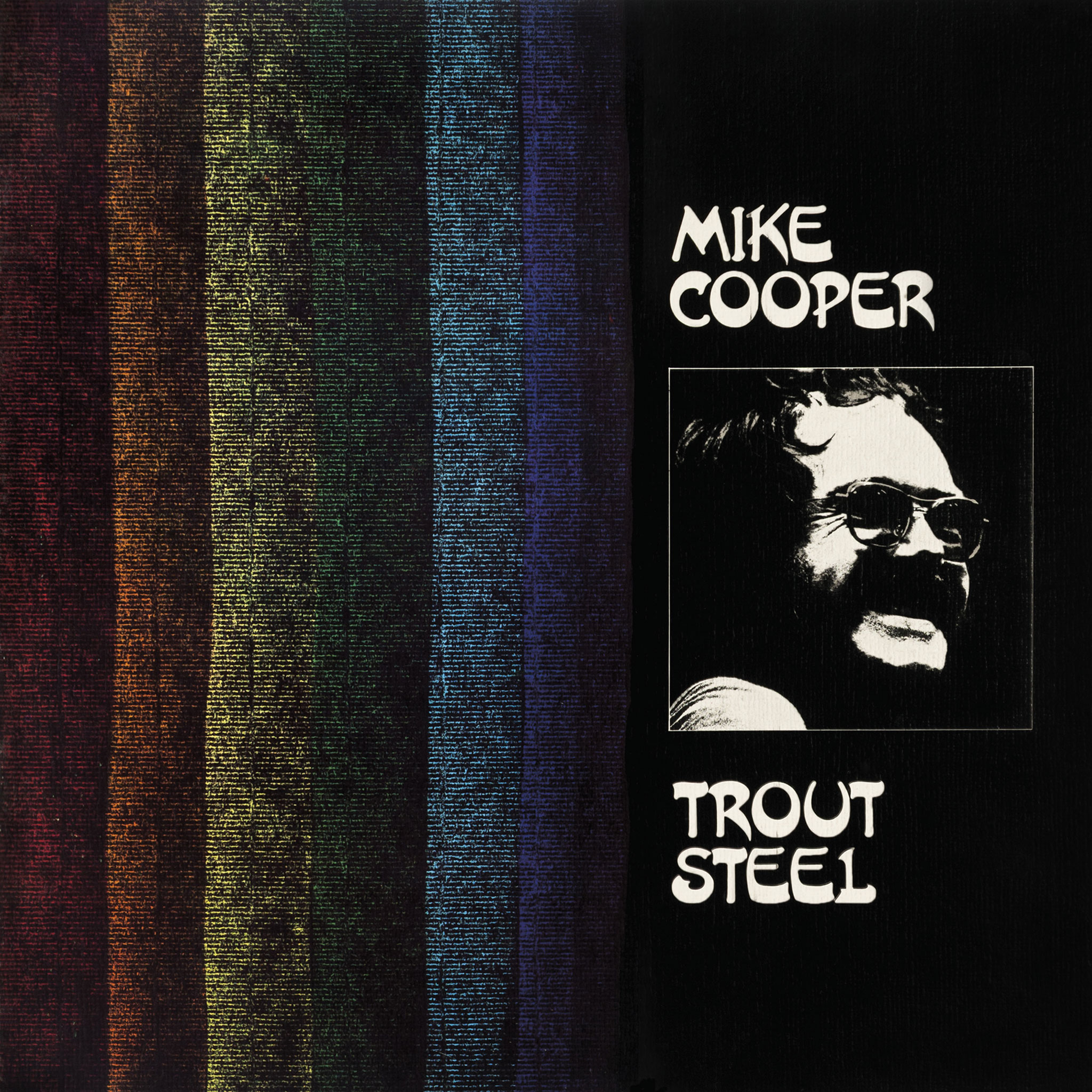
Pharaoh’s March
Mike Cooper
(from Trout Steel, 1971)
Produced by Peter Eden, this is one of the very best examples of ‘International musical explorer’ Mike Cooper’s work. With free jazz, bluegrass and delicate melodies all weaving in to one another, it is like a three-hour soundtrack to a lost epic condensed into seven minutes.
Daryl Easlea has contributed to Prog since its first edition, and has written cover features on Pink Floyd, Genesis, Kate Bush, Peter Gabriel and Gentle Giant. After 20 years in music retail, when Daryl worked full-time at Record Collector, his broad tastes and knowledge led to him being deemed a ‘generalist.’ DJ, compere, and consultant to record companies, his books explore prog, populist African-American music and pop eccentrics. Currently writing Whatever Happened To Slade?, Daryl broadcasts Easlea Like A Sunday Morning on Ship Full Of Bombs, can be seen on Channel 5 talking about pop and hosts the M Means Music podcast.

